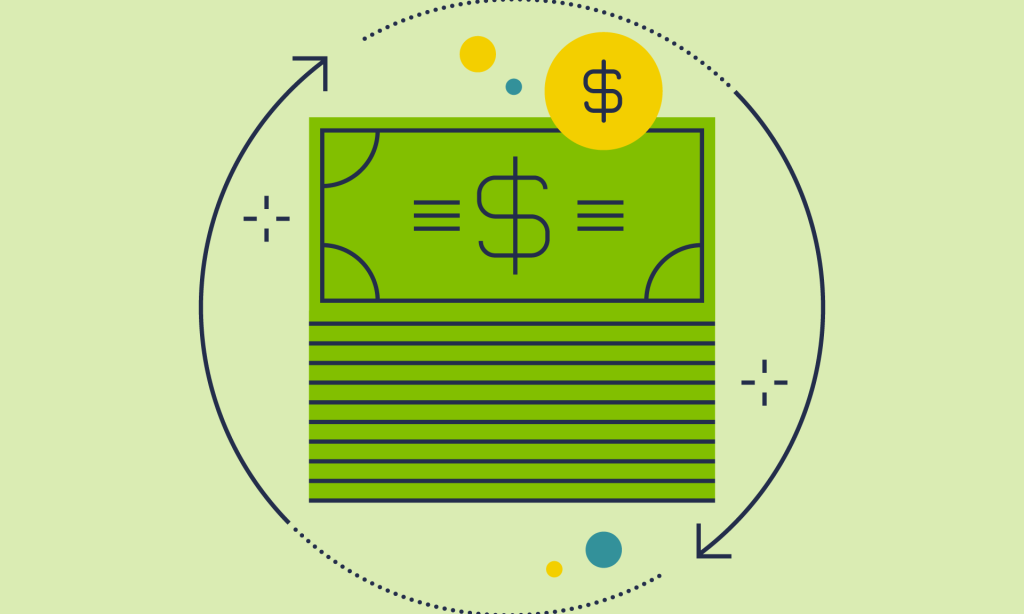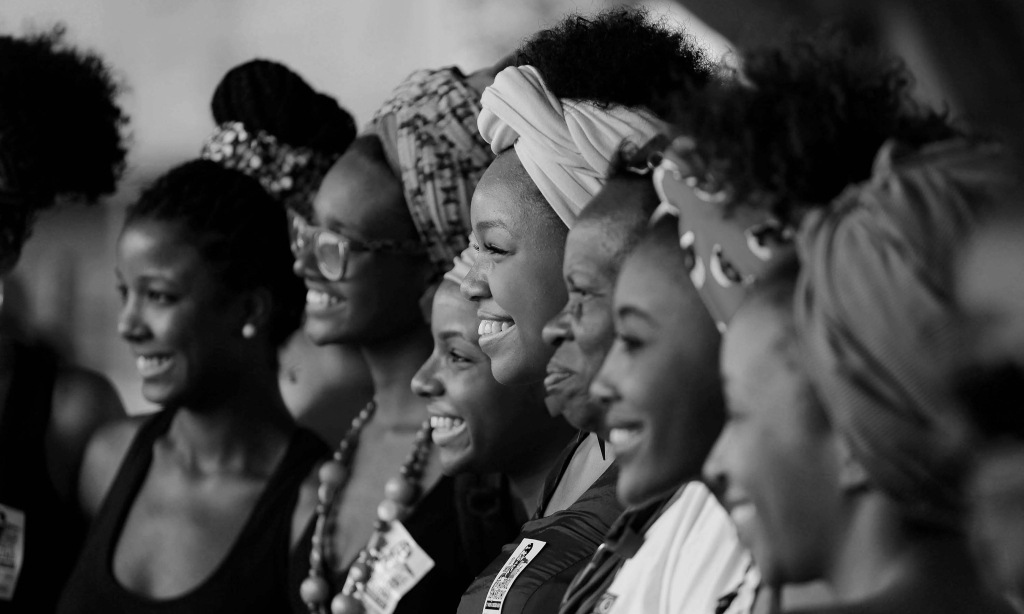

 Article
Article

The future of work is changing, whether you’re ready or not. But getting ready is no simple task. Who can you trust to teach the new skills you’ll need? How much should you pay? What’s more important: credentials or knowledge? University of Virginia Darden School of Business Dean Scott Beardsley shares his thoughts.
Some economists urge countries to embrace government borrowing — but can too much debt prove a problem in a crisis? Yes, determines new research. The COVID-19 pandemic has had vastly different economic impact on governments that are fiscally constrained as opposed to those that are fiscally robust. Professor Tomio discusses the details of his study
In a recent episode, Professor Freeman talks to Professor Jeanne Liedtka about her most recent book, Experiencing Design: The Innovators Journey.

To buffer the effects of the pandemic on the economy, the U.S. Congress has enacted a number of bipartisan COVID-19 related bills, including the CARES Act, which got a few things wrong. Darden Professor Anton Korinek shares insights on how to improve targeting and overall effectiveness of federal aid during large-scale crises.

Research shows that racial stereotypes undermine opportunities and diversity enables organizations to build relations with stakeholders. Here: four strategies to assert racial identity as an asset — mobilizing identities to the positive, challenging stereotypes, building bridges, and helping people navigate microaggressions and do their jobs better
Professors Peter Debaere and Dennis Yang share what they believe it will take for the United States to reclaim a central position in the world under the Biden administration.
It’s natural to focus on project completion and work that shows well internally. But high-performing innovation teams need to look beyond vanity metrics and ask the hard questions that spur significant improvement. Here’s how to focus on what matters, define and prioritize customer outcomes, and obtain analytical clarity and actionability.
As consumers have become aware of the waste generated by the apparel industry and as Marie Kondo’s decluttering approach has gained popularity, many are increasingly interested in resale, rental or refurbished fashion. One startup tested the waters, using behavioral science to enrich its business model and structure marketing campaigns.
Leadership matters more in challenging times. How does a team’s captain preserve confidence and commitment to the group, even when performance dips? New research shows that successful team dynamics may have a good deal to do with ethical leadership.
Massive open online course (MOOC) providers such as Coursera and FutureLearn have been riding a wave of job security fears caused by automation and digital disruption to increase their reach and revenue. Anne Trumbore shares insights on what MOOCs can do for you.